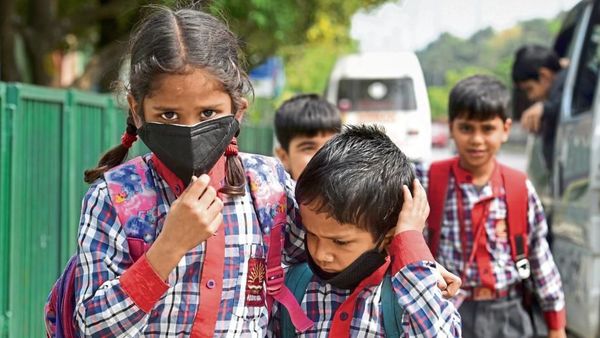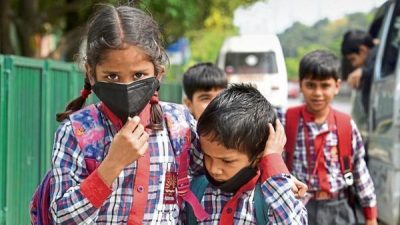
Schools may opt for remote learning, say Unicef, WHO, IFRC
Global agencies have asked schools to consider remote learning and take steps to spread awareness about Covid-19 with the viral epidemic sweeping across the world.
The World Health Organization, the International Federation of Red Cross and Red Crescent Societies, and United Nations Children’s Fund (Unicef) jointly issued guidelines on Wednesday advising national and local authorities on adapting and implementing emergency plans for educational facilities in the event of school closures.
They also suggested steps to counter the possible negative impact on children’s learning and well-being.
“The schools should have solid plans in place to ensure the continuity of learning, including remote-learning options such as online education strategies and radio broadcasts of academic content, and access to essential services for all children. These plans should also include steps for the eventual safe reopening of schools,” according to the joint statement.
In countries and regions where schools remain open, the guidelines called for providing children with information about how to protect themselves, promoting best hand-washing and hygiene practices, providing hygiene supplies, cleaning and disinfecting school buildings, especially water and sanitation facilities, and increasing airflow and ventilation.
This is to ensure that children and their families remain protected and informed, the guidelines said.
Students can become advocates for disease prevention and control at home, in school, and in their community by talking to others about preventing the spread of viruses, according to public health experts.
There are many considerations for maintaining safe school operations or reopening schools after a closure. However, if done well, this can promote public health, the global agencies said.
“The guidance, while specific to countries that have already confirmed the transmission of Covid-19, is still relevant in all other contexts,” according to the joint statement.
Safe school guidelines implemented in Guinea, Liberia, and Sierra Leone during the Ebola outbreak from 2014 to 2016 helped prevent school-based transmissions of the virus, the statement added.
Primary schools in Delhi have been ordered shut for the rest of the month. Schools in Kerala and some other states have also been temporarily shut.



